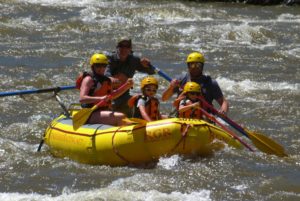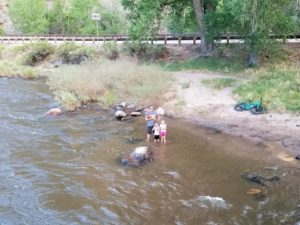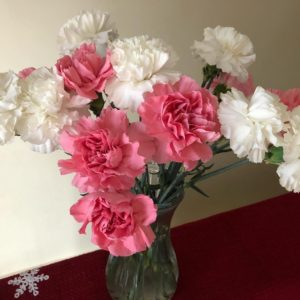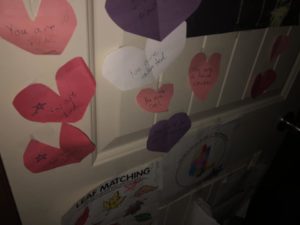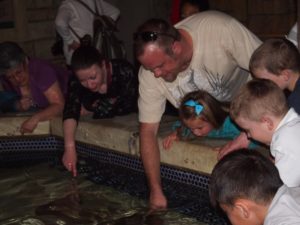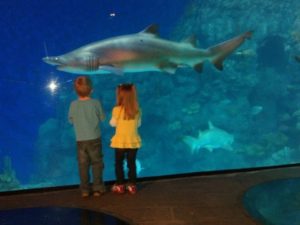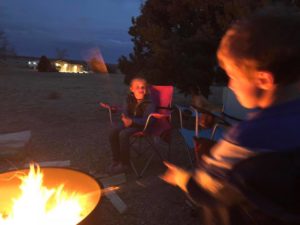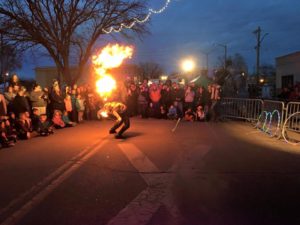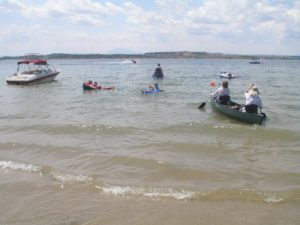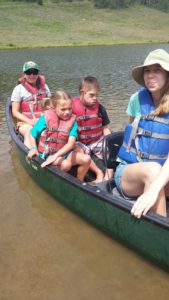A language disorder and my snub to the 30 million word gap
There is a famous study done by Hart & Risley that is infamously named the “30 million word gap.” SLP’s and educators are all taught about this study because the conclusions were that children in poverty who lacked experiences, access to books, and parents who talked to them using a rich vocabulary were at a significant disadvantage in terms of vocabulary than their peers.
Never mind the study was culturally and racially biased, it completely undermines the fact that children with a true language disorder, regardless of race, religion, socioeconomic status, access to books, or whatever, will STILL struggle with language and vocabulary acquisition because they have an actual disability.
It is commonly understood that children’s language is largely influenced by their background experiences. Being a mom to a child that has a language disorder is extremely isolating. I should be more specific. Being a mother who has her masters degree in speech/language pathology and having a child with a true language disorder has been extremely eye opening and heart breaking. The amount of judgement I feel from teachers and professionals is so tangible it can bring me to tears.
In education, and particularly with reading there is this term called “background knowledge.” Background knowledge refers to the knowledge a child has picked up either explicitly but usually implicitly through real life experiences. For example, a child living in the arctic reading a book about Caribbean reptiles might have a more difficult time with comprehension on the topic not because they have a comprehension issue, but because they have never been exposed to warm climate reptiles. Children with less exposure to experiences may lack background knowledge which may contribute to reading comprehension issues. For example, I have never worked on cars, so if I’m reading a book about mechanics and fixing an engine, I am more likely to struggle with understanding the topic. However, if my dad was a mechanic and I was around cars all day listening to and observing car mechanic terms, a passage on cars will be significantly easier for me to understand because of my inherent “background knowledge” on the topic.
I tell you all this to explain a “true” language disorder. My daughter Ashlynn has a true and legit language disorder. She has been exposed to books, been taught vocabulary both explicitly and implicitly by me, a speech/language pathologist, and she has had more experiences than many, many, MANY kids her age.
Despite this, she recently took a receptive vocabulary test given by her private SLP and scored well below the average range. When I expressed my disappointment, her SLP said the concepts are becoming more abstract. Abstract refers to concepts that aren’t tangible. In other words, it refers to concepts like “freedom” or “poverty.” You can’t touch these things like you can a “lamp” “bed” or even a “microscope.” I reluctantly agreed. Yes, she’s older. I can see how the words are becoming more abstract now.
That is, until I looked at the testing protocol. Words she missed? I couldn’t stop shaking my head.
River
Ok, that might be a hard word. She’s a city girl after all and how many times is she by a river? Unless you count that time two months ago where she went camping by a river bed and went white water rafting in a river. River?? She missed River? How was that possible?? We laughed just two months ago about how her puppy Pretzel ran head first into the river. We walked to the river at LEAST a half dozen times on our camping trip and she missed…. river???
Okay, maybe that was a fluke, What’s next. What else did miss?
Vase
Vase? As in the vase her dad just pulled out a week ago to put the flowers he bought me in? The same vase she was looking at while remarking how beautiful my flowers were in it? The same vase she helped fill with water so the flowers wouldn’t die? That?? That vase? She missed VASE???
Naw, it has to be fluke, What’s next?
Heart
She missed heart??? Heart?? Like the hearts that were placed on her door each day last Valentine’s day with a positive characteristic about who she is and what she does? Heart, as in the candy hearts she loves to eat and read out of her Valentine bags? Heart, as in the shape that her younger brother Jace learned to draw before her and she lamented over saying she didn’t know how to draw a heart yet? That same heart right??
Let’s move on.
Aquarium
Aquarium?? As in the Denver Aquarium she’s been to twice and pet the sting rays and taken pictures with the mermaids? That aquarium? Or, the multiple aquariums in Vegas where she watched the fish and awed at their majesty?
Okay next?
Flaming
Flaming? Flaming as in the flames from the fire she has watched at least over 30 times on all the various camping trips she has been on in her nine years? Or maybe the flames the entertainer was spitting from the fire and ice show we attended a year ago?
Canoe
Canoe? As in the canoeing activity she has done now twice at a special needs camp called Adam’s Camp and reported it was one of her favorite activities? Or the canoe her aunt has that she rode in and watched her Aunt and Uncle ride in on an annual camping trip we take every year?
She missed…….canoe?
THAT my friends, is a language disorder. She has not only been exposed to and experienced many of the concept vocabulary she missed, but she has also been taught explicitly this vocabulary by me, a Speech/Language Pathologist. She has been read a book (at least) every single day of her life.
Enough with the 30 million word gap. It doesn’t mean crap when your kid has an actual language disorder.
Enough with the judgement.
Enough with the blame.
Enough with the shame.
My kid has an actual language disorder. If my English speaking kid with an SLP as a mom has a language disorder, so can children from other monolingual or bilingual families. Stop the blaming. Stop the assumptions.
Let’s get more awareness and compassion and let’s recognize a developmental language disability, aka specific language disability aka mixed expressive/receptive language disability aka specific language impairment as an actual childhood developmental disability and not an environmental disability.
